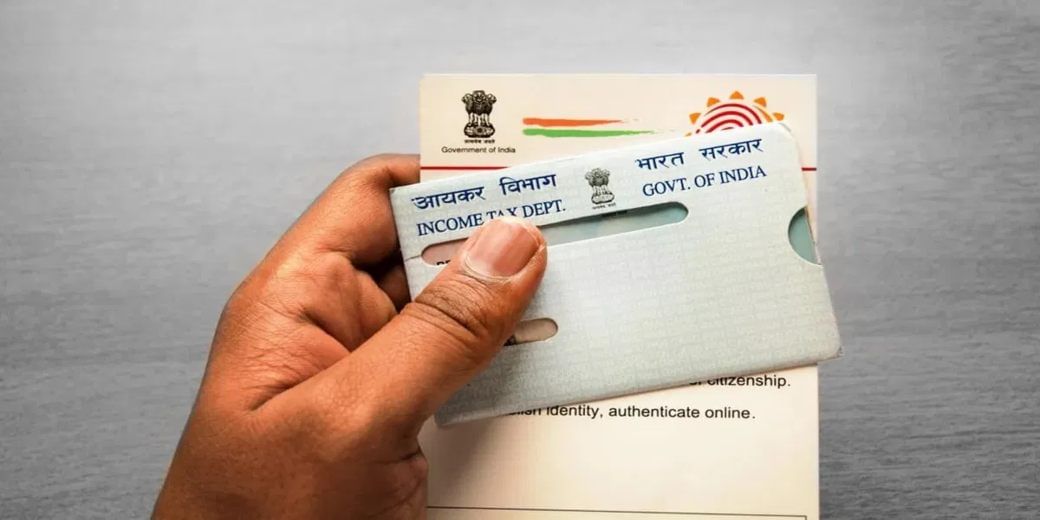Aadhaar-enabled payment to be bolstered: RBI
Last year there were numerous reports of cyber criminals abusing the Aadhaar-enabled payment system to defraud common people of their savings

In order to bolster the Aadhaar-enabled payment system (AePS), the Reserve Bank of India will introduce additional fraud risk management measures through AePS service providers, The Economic Times has reported.
Last year there were numerous reports of cyber criminals abusing the Aadhaar-enabled payment system to defraud common people of their savings, goading the banking regulator into action. In a written communication to RBI governor Shaktikanta Das, a civil society platform Bank Bachao Desh Bachao urged the bank to beef up the system. The rights group alleged that the banks were responsible for the tragedy that led to the crime and loss of savings of innocent victims.
The group pointed fingers at the banks and alleged that they are forcing consumers to link Aadhaar with their account number, thus exposing them to the possibility of this fraud.
According to the current practice, the system lacks a two-step authentication that makes the environment risky and leads to frauds. A customer can pay a merchant by typing in his/her Aadhaar number and fingerprints. Fraudsters usually prey on older people since fingerprints are difficult to capture with advanced age.
“Copying biometric data like fingerprints is easy. If we can add a 2-factor authentication like a timed OTP, it will become more secure,” said Rajesh Londhe, head of payments, PhiCommerce.
In case of online transaction, security is of paramount importance. This is even more crucial in rural areas where consciousness is relatively lower than the cities and many customers are not digitally savvy themselves.
“All touchpoint operators will go through a standardised and secure onboarding process, and other factors can also be added to it,” T Rabi Sankar, deputy governor, RBI, told the media on February 8 after the announcement of the decision of the Monetary Policy Committee which kept the policy rates unchanged.
Following the spate of complaints last year, in December the National Payments Corporation of India announced measures to fortify the security of Aadhaar-enabled transactions. It provided a mandate for Aadhaar-based biometric authentication for business correspondents and agents with the objective of preventing abuse of customers’ information.
In the rural areas, AePS serves as almost an equivalent of UPI and as a gateway to the formal banking system.
Therefore, AePS strives to close the gap between rural and urban India and in this way promotes the cause of financial inclusivity.